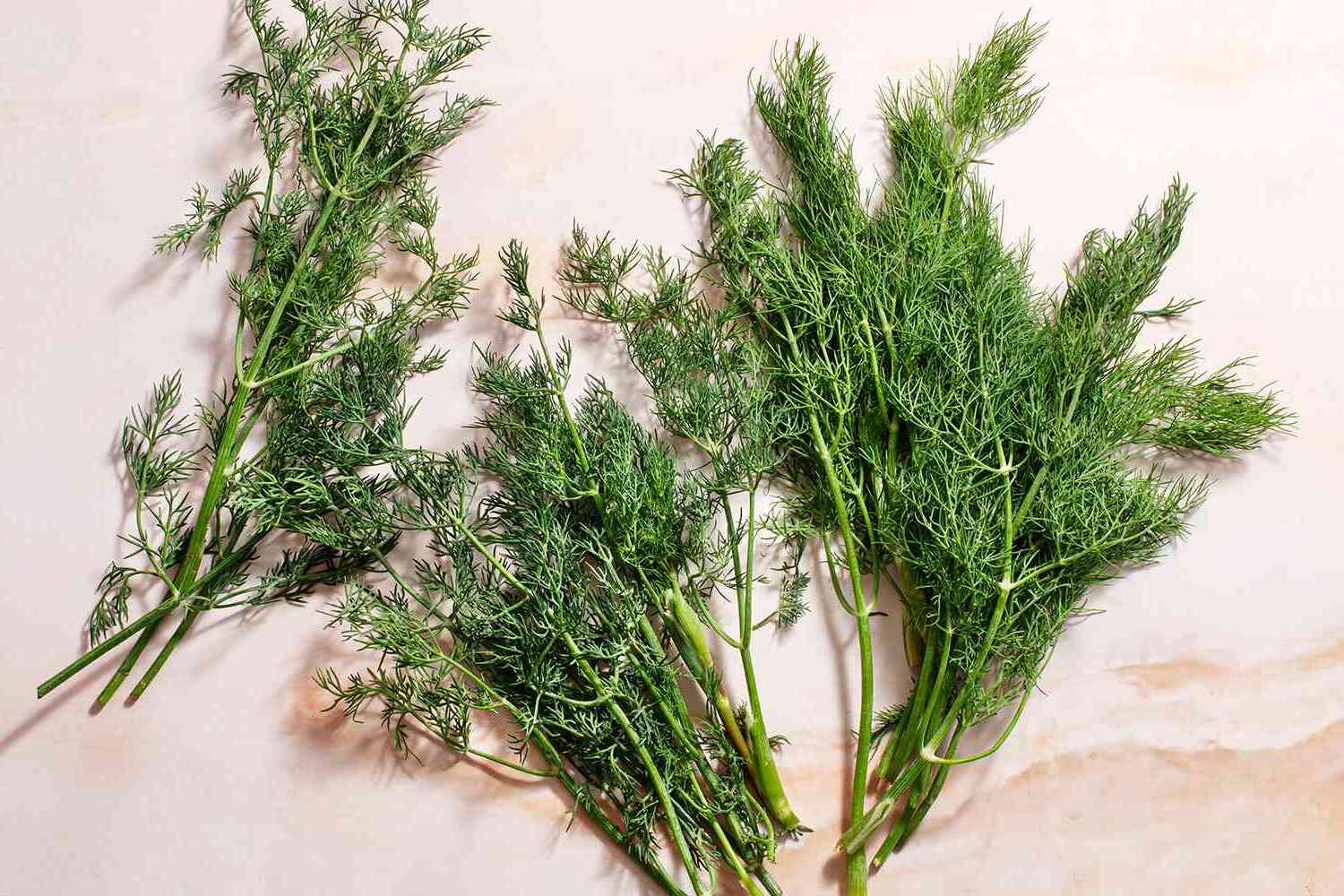
Dill is more than just a kitchen staple; it's a plant with a rich history and surprising benefits. Originating from the Mediterranean, this herb has been used for centuries in cooking, medicine, and even magic. Did you know that ancient Egyptians used dill in their embalming process? Or that it was once believed to ward off witches? Beyond its fascinating past, dill is packed with nutrients like vitamin C, manganese, and iron. It's also known for its ability to soothe digestion and freshen breath. Whether you're a foodie, a history buff, or someone looking to boost your health, dill has something for everyone. Ready to learn more? Let's dive into 29 intriguing facts about this versatile herb!
Dill: A Flavorful Herb with a Rich History
Dill, a versatile herb, has been cherished for centuries. Its unique flavor and numerous benefits make it a staple in kitchens worldwide. Let's dive into some fascinating facts about this remarkable plant.
-
Dill belongs to the Apiaceae family, which also includes carrots, celery, and parsley.
-
The scientific name for dill is Anethum graveolens.
-
Originating from Southwestern Asia, dill has been used since ancient Egyptian times.
-
Ancient Greeks and Romans used dill as a symbol of wealth and prosperity.
-
Dill was often placed in wreaths and garlands to honor athletes and heroes in ancient Greece.
Culinary Uses of Dill
Dill's distinct flavor enhances many dishes. Its leaves, seeds, and even flowers are used in various culinary traditions.
-
Fresh dill leaves, also known as dill weed, are commonly used in salads, soups, and sauces.
-
Dill seeds have a stronger flavor and are often used in pickling and baking.
-
In Scandinavian cuisine, dill is a key ingredient in gravlax, a cured salmon dish.
-
Indian cuisine uses dill in dishes like dill pulao and dill paratha.
-
Dill is a popular herb in Eastern European dishes, such as borscht and dill pickles.
Health Benefits of Dill
Dill isn't just flavorful; it's also packed with nutrients and health benefits.
-
Dill is rich in vitamin C, which boosts the immune system.
-
It contains antioxidants that help protect the body from free radicals.
-
Dill has anti-inflammatory properties, which can help reduce swelling and pain.
-
The herb is known to aid in digestion and relieve bloating.
-
Dill oil is used in traditional medicine to treat colic in infants.
Growing Dill at Home
Dill is relatively easy to grow, making it a favorite among home gardeners.
-
Dill prefers full sunlight and well-drained soil.
-
It can be grown from seeds sown directly into the ground or in containers.
-
Dill plants can reach up to three feet in height.
-
The herb is an annual plant, meaning it completes its life cycle in one growing season.
-
Dill attracts beneficial insects like ladybugs and bees, which help with pollination.
Fun Facts About Dill
There are some quirky and lesser-known facts about dill that might surprise you.
-
Dill flowers are small, yellow, and grow in umbrella-shaped clusters.
-
The name "dill" comes from the Old Norse word "dilla," meaning "to lull," due to its calming properties.
-
In medieval Europe, dill was believed to ward off witchcraft and evil spirits.
-
Dill has been used in love potions and spells throughout history.
-
The herb is often included in bouquet garni, a bundle of herbs used to flavor soups and stews.
Dill in Modern Times
Dill continues to be a beloved herb in contemporary cooking and culture.
-
Dill pickles are a popular snack in many countries, especially in the United States.
-
The herb is often used in herbal teas for its soothing effects.
-
Dill is a common ingredient in cosmetics and skincare products for its refreshing scent.
-
Dill essential oil is used in aromatherapy to promote relaxation and reduce stress.
Dill Pickles: A Crunchy Delight
Dill pickles have a fascinating history and a unique place in our kitchens. From their origins in ancient Mesopotamia to their role in modern cuisine, these tangy treats have stood the test of time. Packed with vitamins and minerals, they offer more than just a satisfying crunch. Whether enjoyed on their own, in a sandwich, or as a side, dill pickles bring a burst of flavor to any meal.
Their health benefits are impressive too. Rich in antioxidants and probiotics, they support digestion and overall well-being. Plus, they're low in calories, making them a guilt-free snack.
Next time you bite into a dill pickle, remember the rich history and numerous benefits packed into that crunchy bite. Enjoy them in various dishes or straight from the jar. Dill pickles truly are a crunchy delight worth savoring.
Was this page helpful?
Our commitment to delivering trustworthy and engaging content is at the heart of what we do. Each fact on our site is contributed by real users like you, bringing a wealth of diverse insights and information. To ensure the highest standards of accuracy and reliability, our dedicated editors meticulously review each submission. This process guarantees that the facts we share are not only fascinating but also credible. Trust in our commitment to quality and authenticity as you explore and learn with us.


